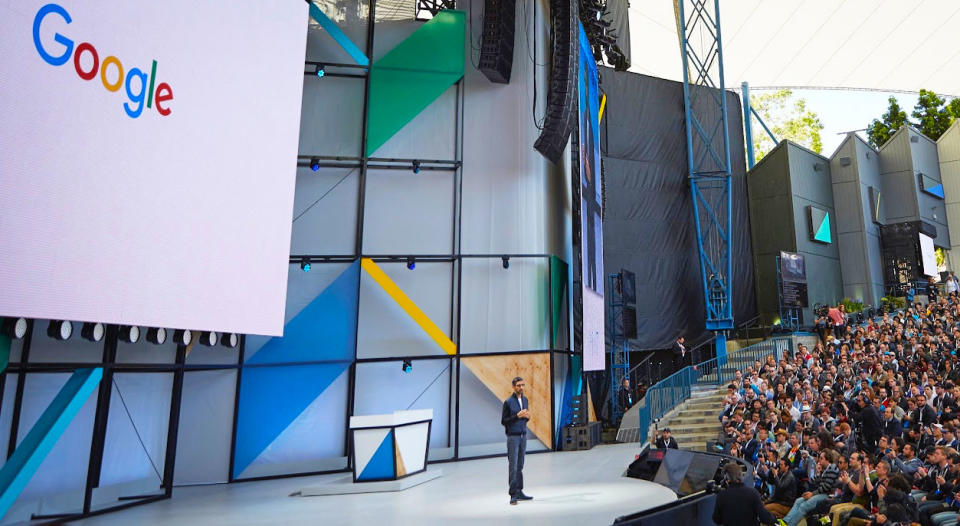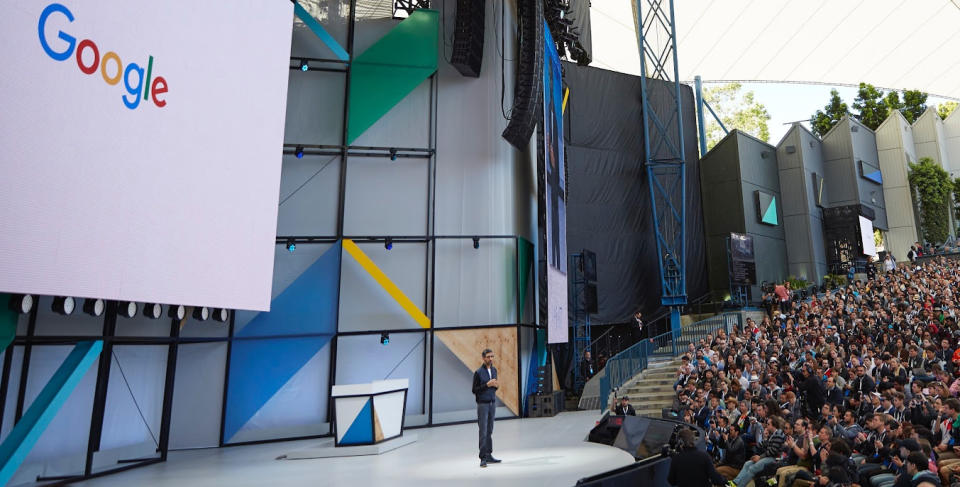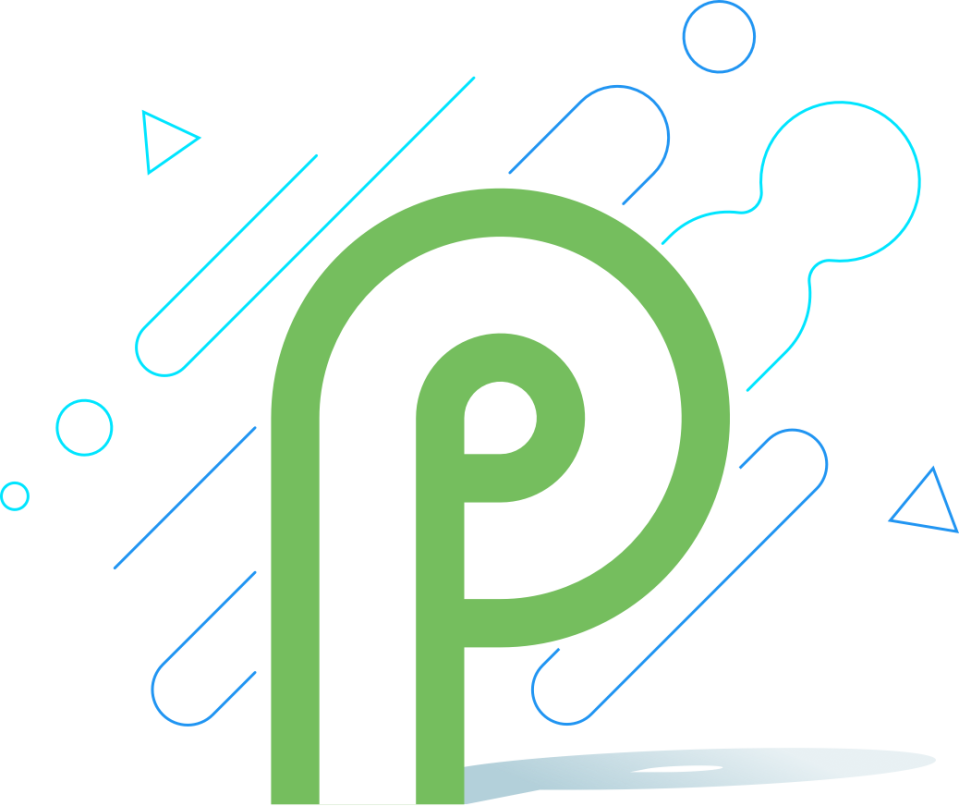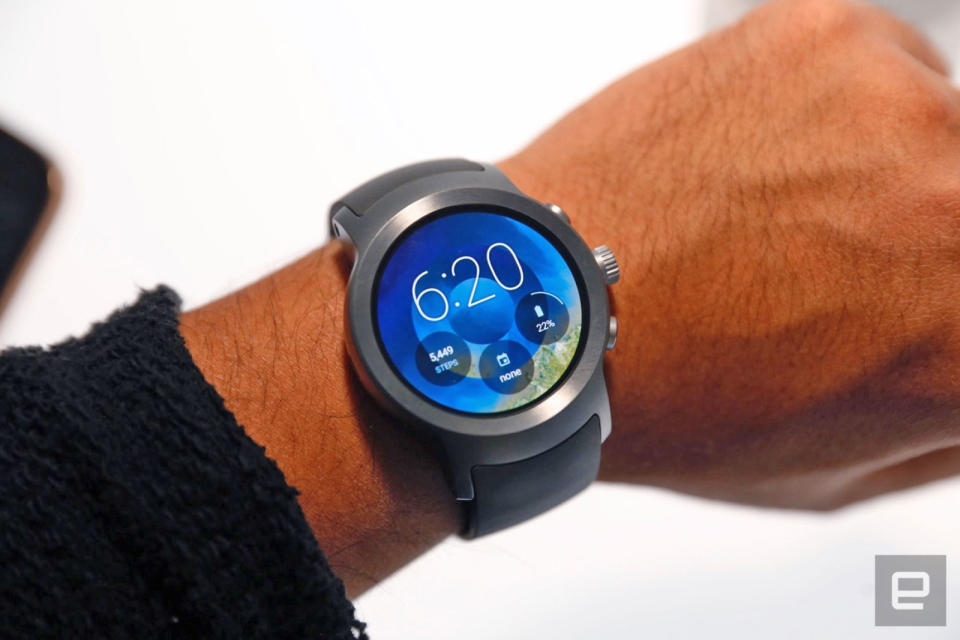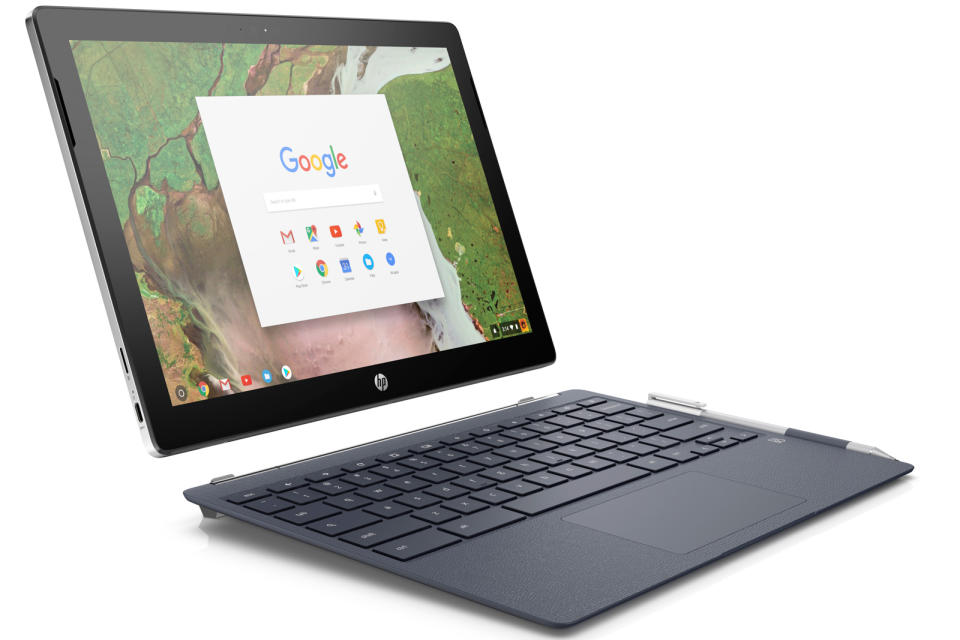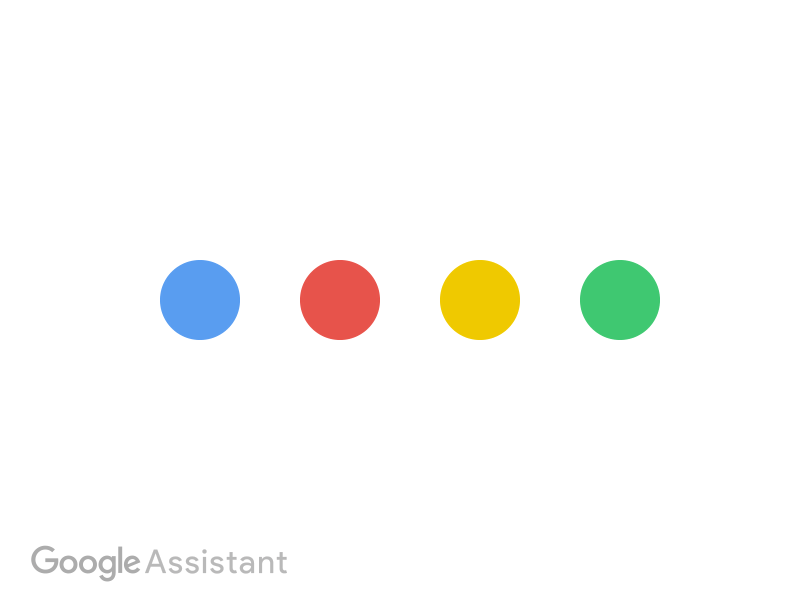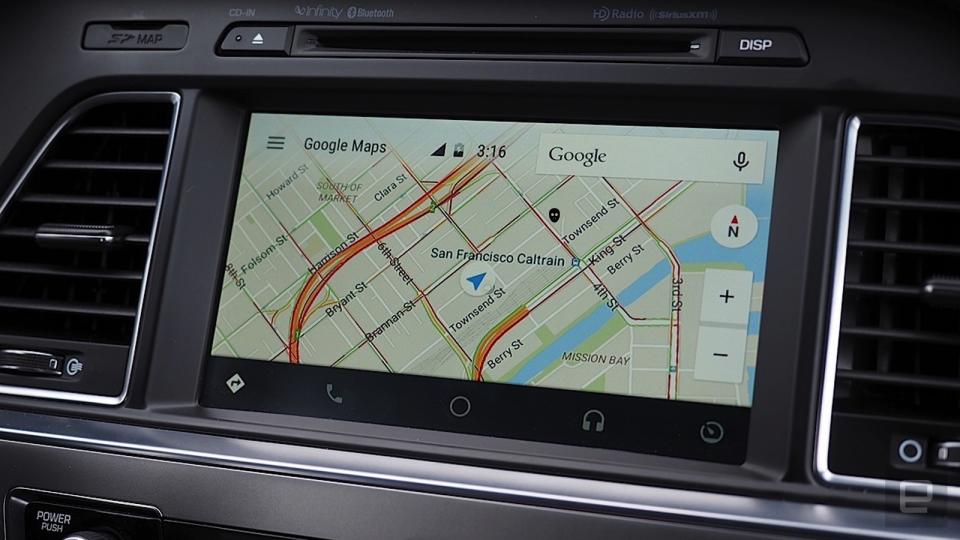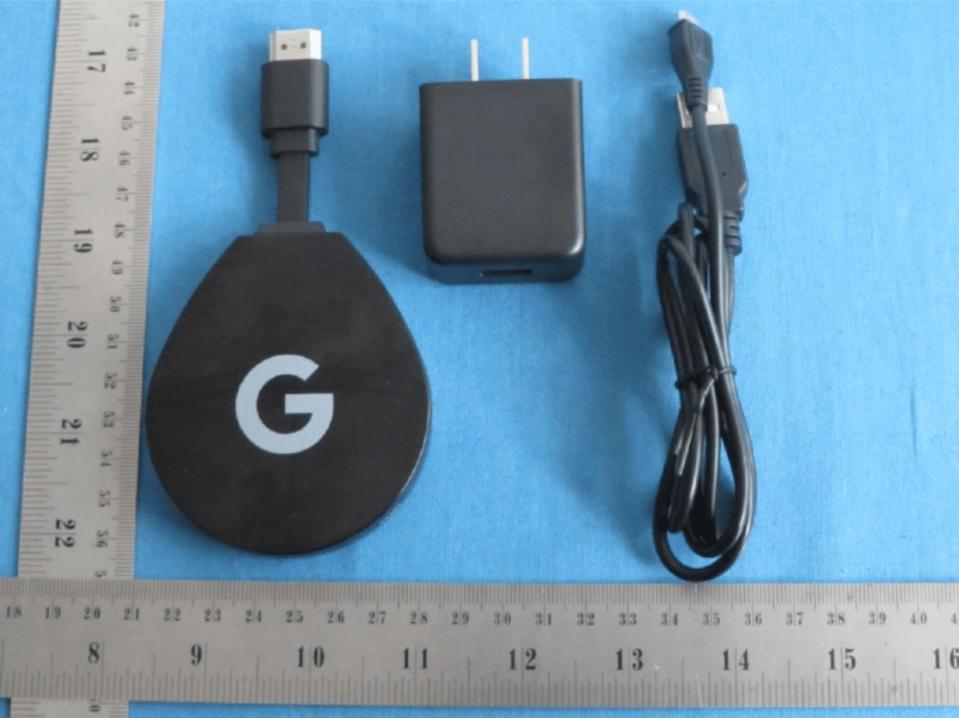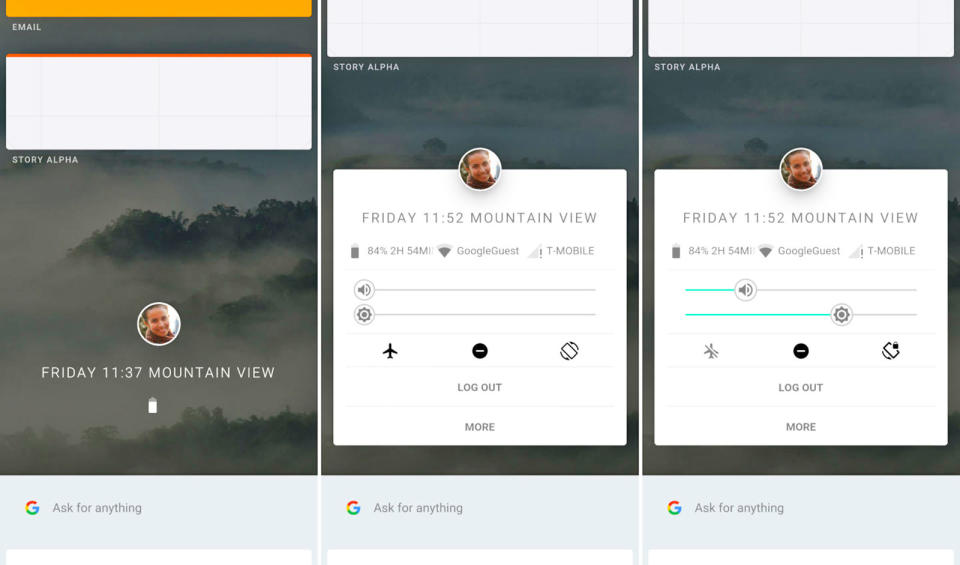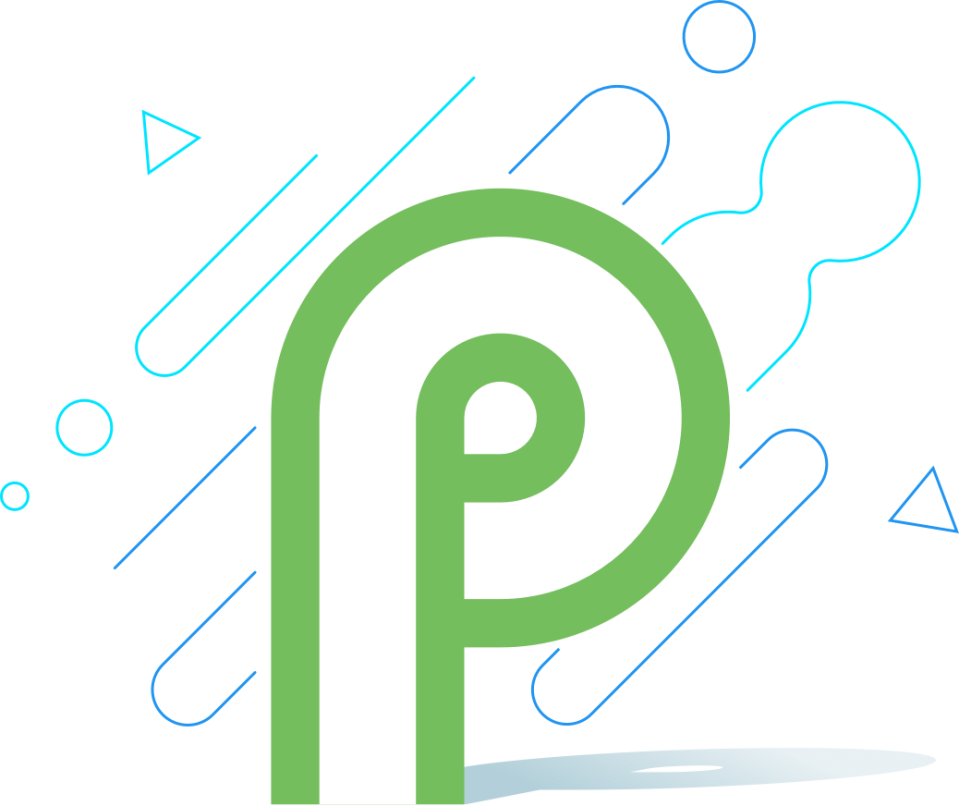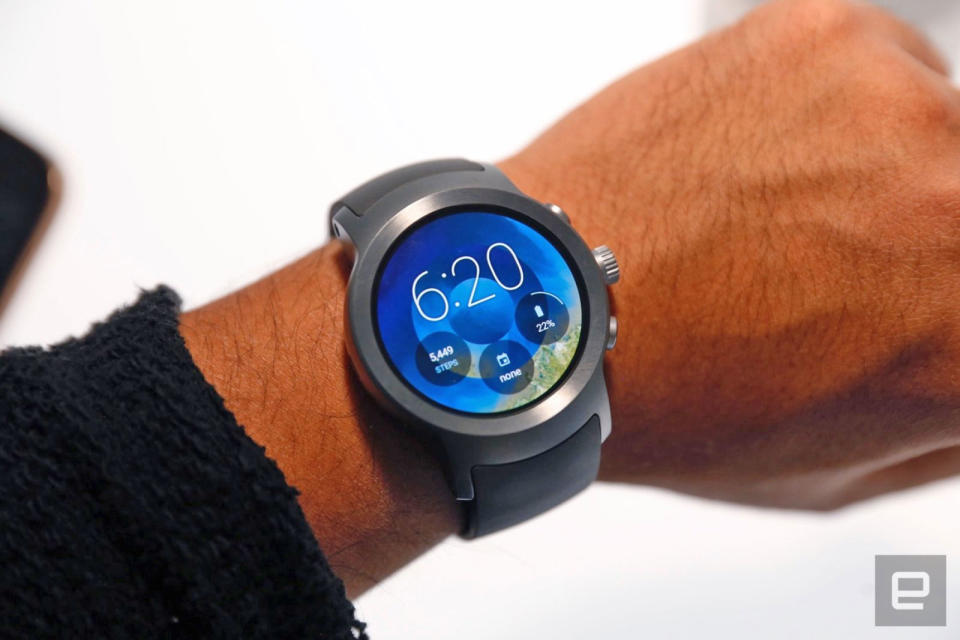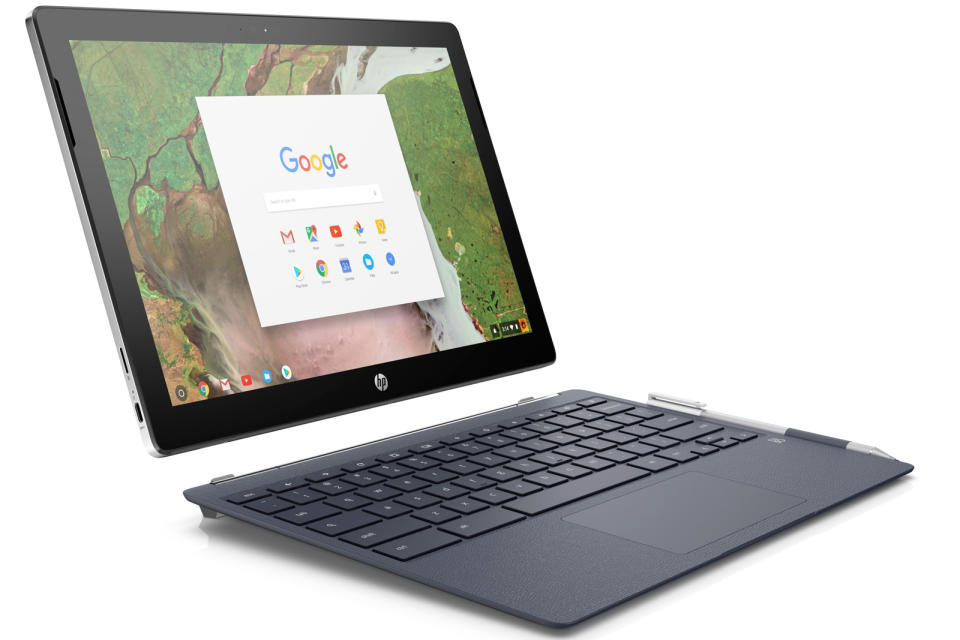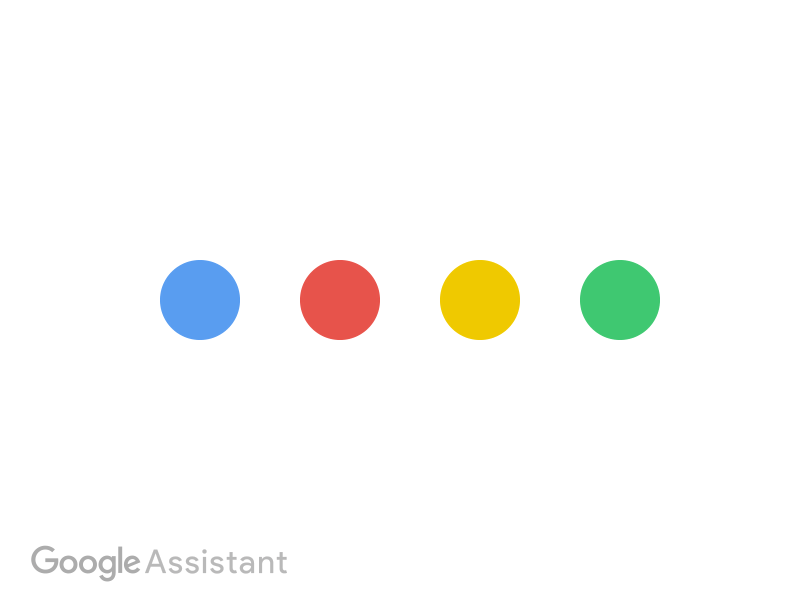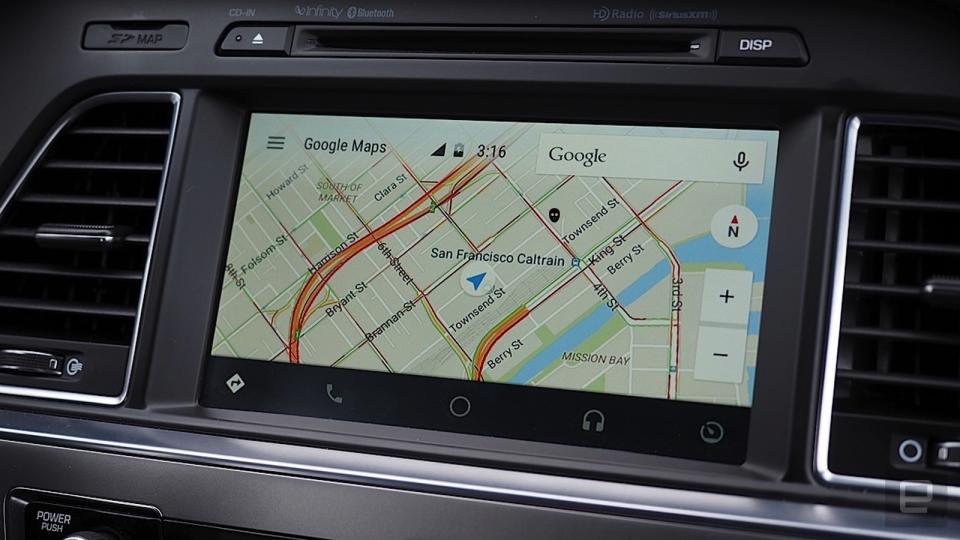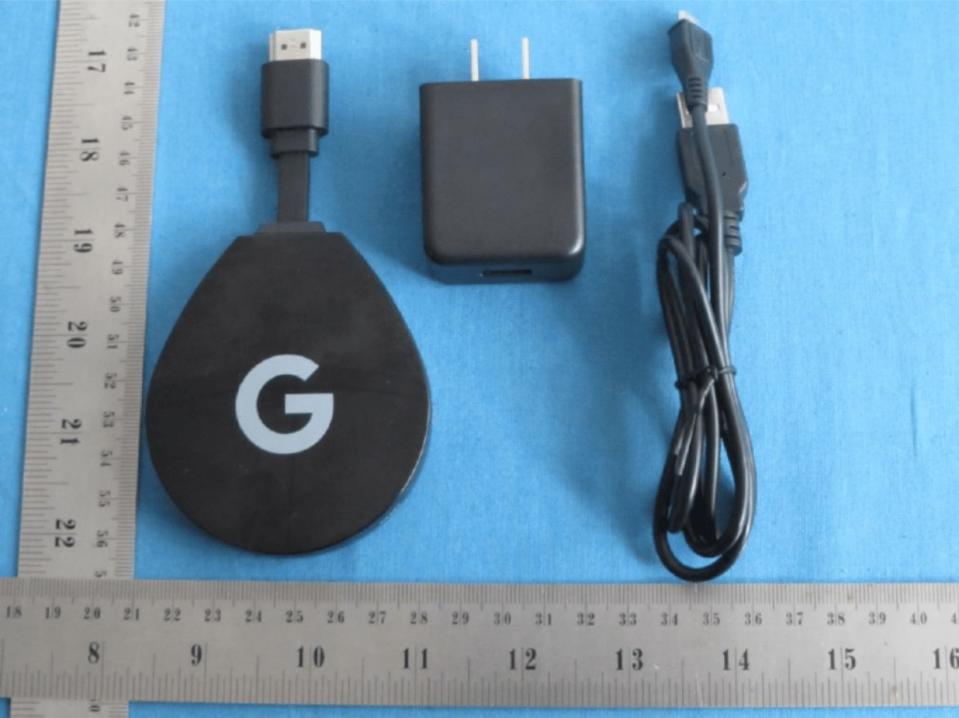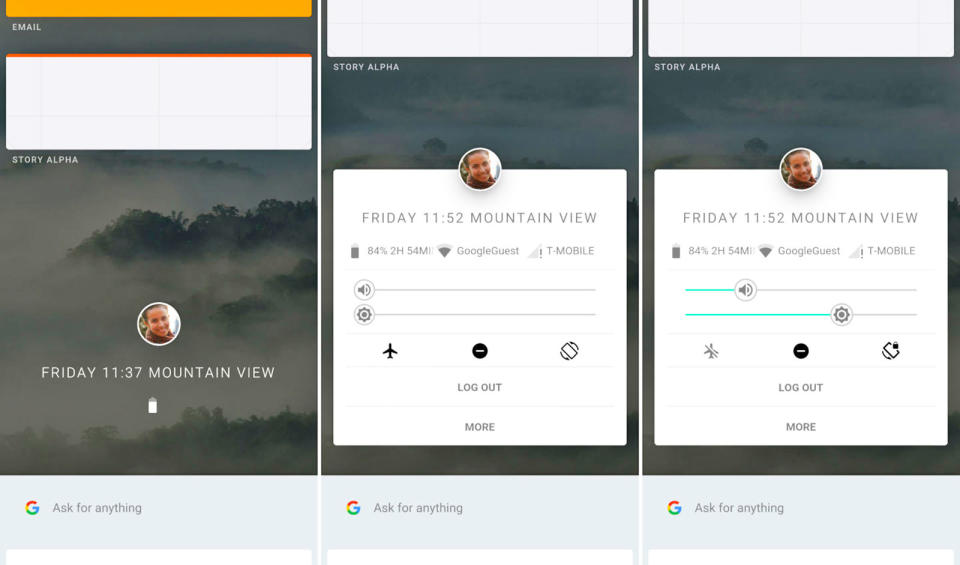What to expect at Google I/O 2018
Google already dropped some news this week, but even more is on the way.
It's somehow already May, which means Google's I/O developer conference is right around the corner: next week, in fact. The show is once again being held in scenic Mountain View, California, and with its keynotes, sessions and musical acts, I/O feels like a developer conference with just a hint of Coachella. Personally, we're going for the hard news, and we expect a lot of it, even despite a recent, massive Google news dump. In anticipation of all that action, here's a quick primer on what we know Google has in store for I/O, along with a few things we're likely to see once the show kicks off on Tuesday.
Android P
Google's latest version of Android is already available for tinkerers, so the broad strokes are well known at this point. Expect to hear the company lay out its vision of how these features fit together in greater detail. On a more mechanical level, lots of sessions are dedicated to getting developers acquainted with under-the-hood changes that come with Android P. If that's not applicable to you, we're also hoping to get an in-depth look at the new gesture-based navigation system coming to Android P (though it may be a Pixel exclusive) along with Google's lighter, rounder new take on Material Design.
For those of you who haven't felt comfortable flashing early software onto your phones, I/O typically marks the release of a second, more stable developer preview. These releases are much closer to full daily driver quality, and since we haven't run into any major issues in the initial release, you probably don't need to worry too much about taking this build for a spin. (Disclaimer: Please don't install the second dev preview unless you've made backups and know what you're getting into!) We aren't expecting a confirmation on what Android P will actually be called when it launches, but we'll let you know if the company starts serving popsicles.
The future of Wear OS

There was a time when you couldn't escape Google-powered smartwatches, but those days seem mostly over. That doesn't mean Google has given up though: It recently rebranded Android Wear as Wear OS to better reflect the fact that a solid chunk of its users have iPhones, and it baked new Google Assistant features into the platform for good measure. That Google is hosting a "What's new with Wear OS" session at the show suggests that something interesting for wearable fans should pop up, but at this point, it's anyone's guess as to what new features Google has planned.
Chrome OS

Everyone's favorite browser-based operating system is poised to receive at least one big update, and I/O would be the perfect time for Google to talk about it. According to Chrome Unboxed, the search giant has quietly been working to build Linux app compatibility into Chrome OS for some time now, and the feature recently found its way into a Chrome OS developer build. There's no ambiguity left, people: It won't be long before you're able to run "Linux tools, editors and IDEs" on your Chromebooks. Given that the lack of native desktop apps has been problematic for some people considering a switch to Chrome OS, this is huge news: With browser-based Chrome apps, Android apps from the Play Store and this new support for Linux software, Chrome OS might soon be able to rival more-traditional PCs in sheer functionality. That might not mean a lot to mainstream computer buyers, but it sounds like Chrome OS has the potential to become a platform where real dev work is done. We could see I/O's audience eating this up.
We've also recently seen Chrome OS make its first outing onto a proper tablet, and we'd be shocked if Google or its hardware partners didn't have more to say on the matter. We're not sure how much spotlight this is going to get, but since Android apps can now run Chromebooks, Google has a session scheduled to help developers tune their apps for different inputs and bigger screens. If we're lucky, we'll get to lay our eyes on some neat demos.
Google Assistant

Google's Assistant often feels like the most well-rounded of the virtual assistants out there right now, and there's no way the company won't use its keynotes next week to highlight new changes to the platform. Exactly what kinds of changes to expect, however, remain to be seen. We've seen devices like the new G7 ThinQ run with new, device-specific Google Assistant commands (you know, like, "Hey Google, take a wide-angle selfie"), and we wouldn't be surprised to see a few other smartphone makers show off similarly deep integrations at I/O.
Google and its hardware partners also showed off a slew of so-called smart displays for the Assistant back at CES, complete with a sleek new interface that's designed for bigger screens. Lenovo has one, as does LG and JBL, but none of them have actually hit the market yet since the underlying Android Things OS is only now nearing completion. In the past year or so, the platform has been updated with machine learning and improved camera support for certain kinds of devices, so hopefully Google will lay out a clearer vision of what it wants these new screens to do for us. If we're lucky, Google's partners will actually announce some release dates too.

Android Auto

Until the day driverless cars become ubiquitous and we're free to goof around on our phones behind the wheel, platforms like Android Auto will serve to put familiar features on dashboards. Android Auto has seen a relatively solid stream of enhancements since it launched in 2015, including, most recently, the addition of Google Assistant.
Curiously, Google's own I/O companion app suggests some big changes. A map listing for an Android Auto sandbox -- basically a glorified hands-on space -- revealed the existence of a "brand new media experience ... both on your phone screen and on your car display, making it easier and faster than ever before to surface content to users." That's not all: This new automotive interface will have optimized versions of services like Google Maps, Assistant and the Play Store. Since in-car LTE is growing more common, we might soon be able to download apps directly from the Play Store and onto our cars.
Android TV

Apple TVs, Fire TVs, Roku sticks and more have all become mainstays in living rooms around the world, but Android TV hasn't had the same kind of penetration. Based on the published agendas, Google plans to talk about developer features and ways the platform is evolving, which will be fascinating to see in light of the competition. A recent appearance by a Google-branded HDMI dongle at the FCC has only added fuel to the fire, especially since the filing was unceremoniously yanked from the commission's database after getting too much attention. Google tends to thoroughly show off new hardware at a separate event later in the year, but the timing seems right for an announcement -- after all, the company revealed its plans for standalone Daydream VR headsets last year, so talk of new devices isn't exactly rare at I/O.
Fuchsia

We listed this as a long shot last year, and honestly, we're not sure this year will be any different. For those just catching up, Fuchsia is the third major operating system in Google's portfolio, and unlike Android and Chrome OS, there's little in the way of hard detail. Persistent rumors suggest it's meant to be a sort of hybrid operating system to possibly unify or replace Android and Chrome OS, while a deep dive performed by Ars Technica earlier this year revealed an interface that, while actually quite pretty, was barely functional. Long story short, Fuchsia's true nature and mission are still shrouded in secrecy, and we can only hope that Google decides to get a little more chatty on the subject next week.

